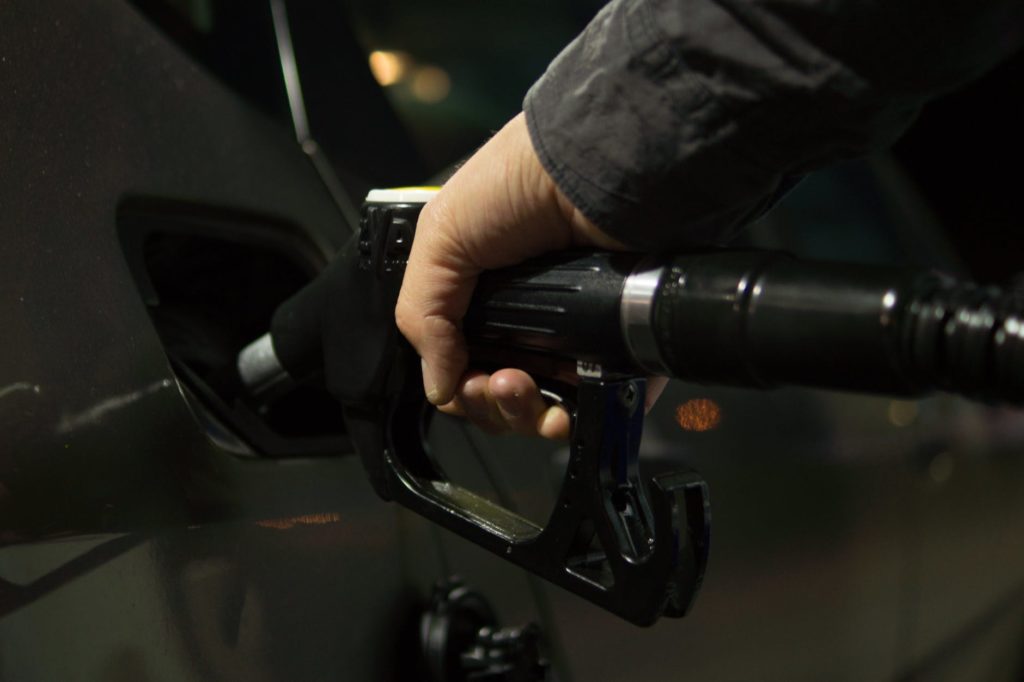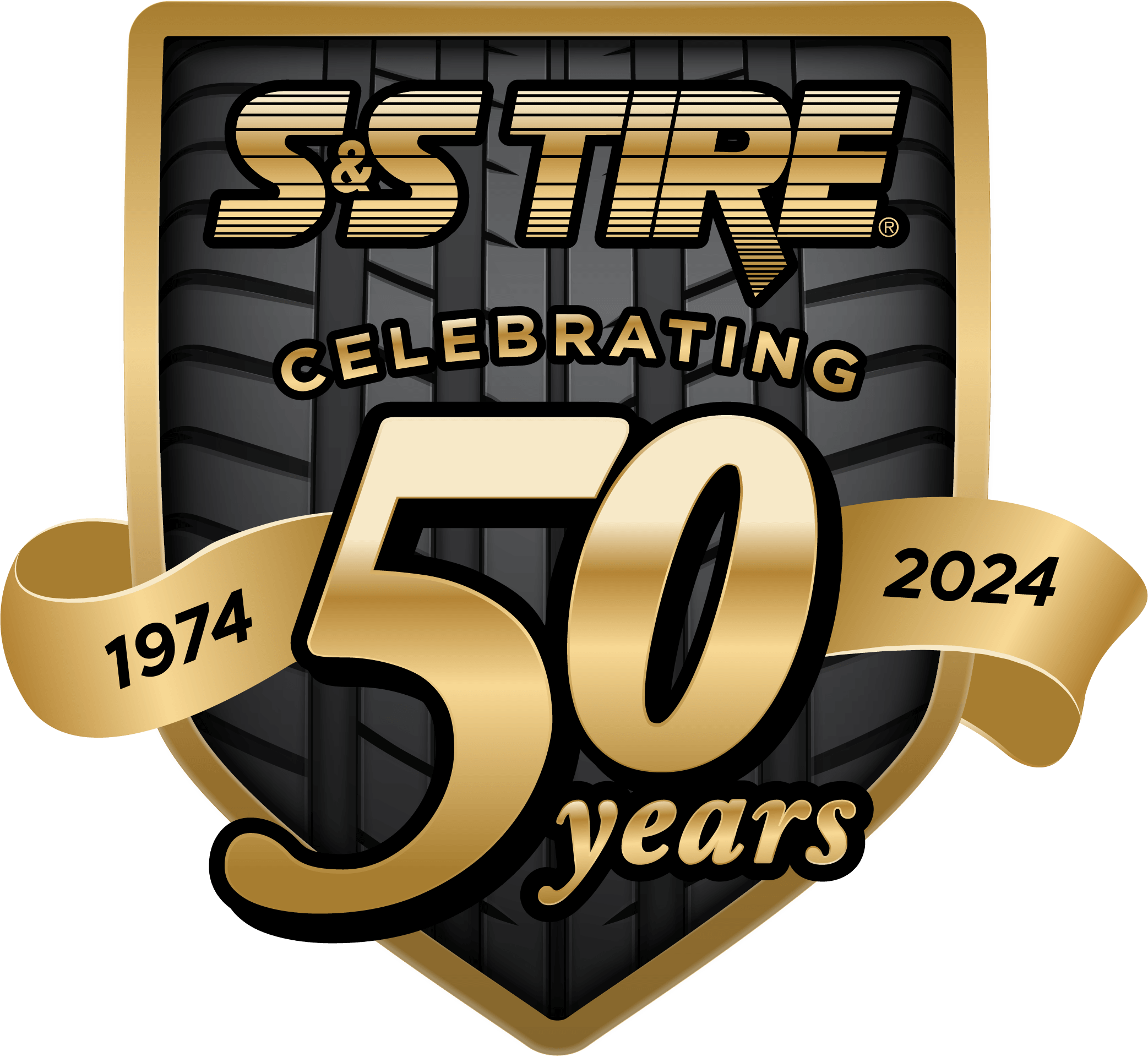When looking at the different grade options at the gas pump, you may have wondered if you should be filling up with premium gas. Premium has got to be better, right? Not necessarily.

Whether or not you should choose premium gas actually depends on the car you drive. Unless your car manufacturer specifies the use of premium gas, you can stick with the lower priced option.
What’s the difference between regular and premium?
The difference between regular and premium gas is in the octane rating. In most states, regular gas has an octane rating of 87, while premium has a rating of 91 or 93. The high octane in premium gas provides greater resistance to engine knock, which happens when the fuel-air mixture in an engine combusts too early. In cars with high compression engines, the elevated knock threshold can allow for more aggressive timing and higher boost pressures to improve engine performance.
Can premium gas improve the performance of a regular engine?
Car engines that have high compression ratios or turbochargers typically benefit from high octane fuel for optimal fuel efficiency and performance. But most cars do not fit into this category. According to TrueCar, “the majority of cars on the road today are optimized to run on regular gas.“
In a recent report, AAA explains that most cars built after 1996 have “a knock sensor, which, under most circumstances, removes the need for premium gas.”
Can premium gas keep your engine cleaner?
In the mid-90’s, Exxon made advertising claims that its premium gas could clean engines and reduce auto maintenance. The FTC issued a complaint charging that the claims were unsubstantiated, and Exxon was forced to run ads informing the public that “most cars run properly on regular octane.”
Today’s gas formulas contain detergent additives, which are far more essential than octane for helping to clean your engine and optimize performance. A variety of different blends of additives across all grades are available. Many drivers optimize engine performance using Top Tier gas, an EPA approved designation for gasoline that meets a minimum standard for engine cleanliness and performance.
It’s okay to be frugal at the pump.
Sometimes you need to splurge on quality to protect your investments, but not in this case. AAA sums it up this way:
“If your car doesn’t specifically call for premium gas, don’t waste your money. Despite advertising to the contrary, that extra 15 to 30 cents a gallon won’t get you any better performance or mileage nor will it make your car run any cleaner.”
If you have additional questions about the best fuel for your car, talk to your trusted auto technician.
